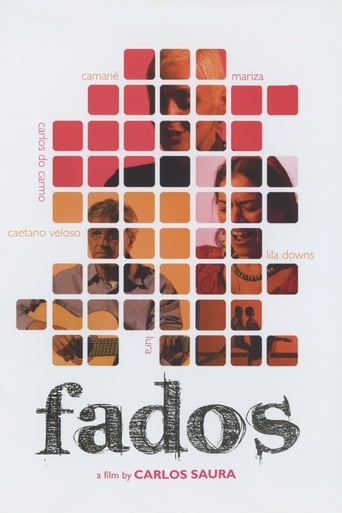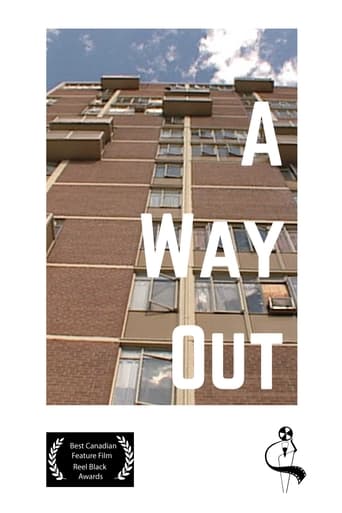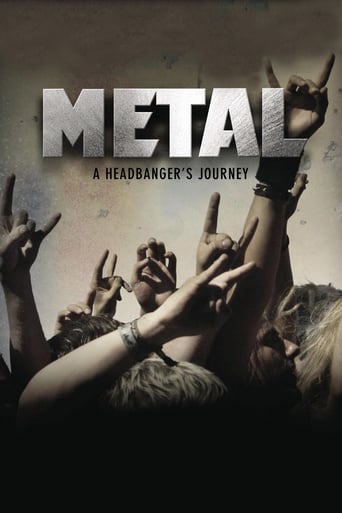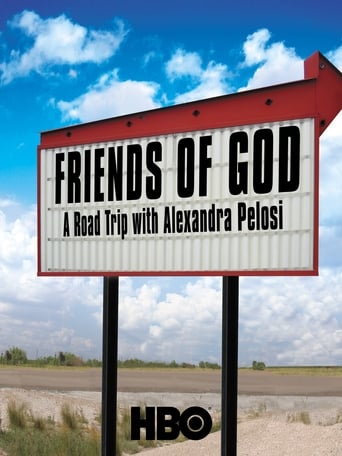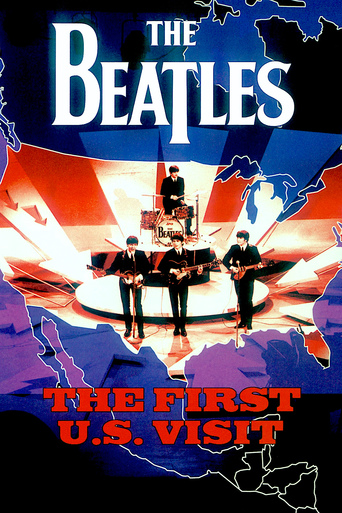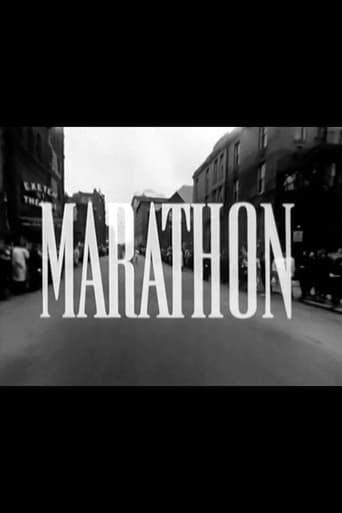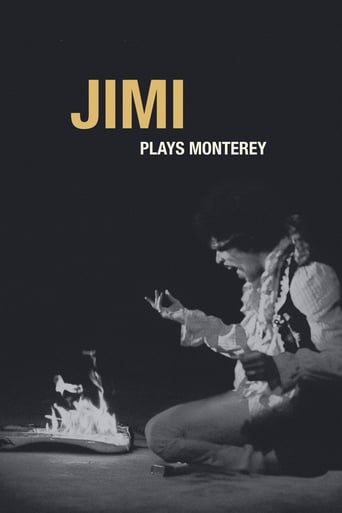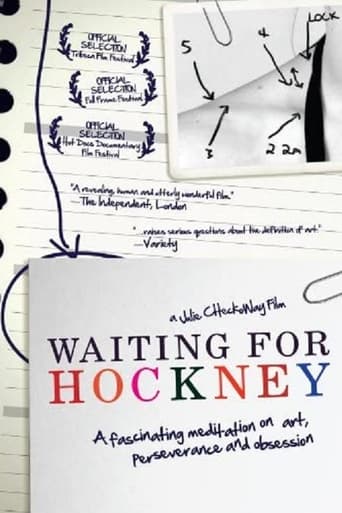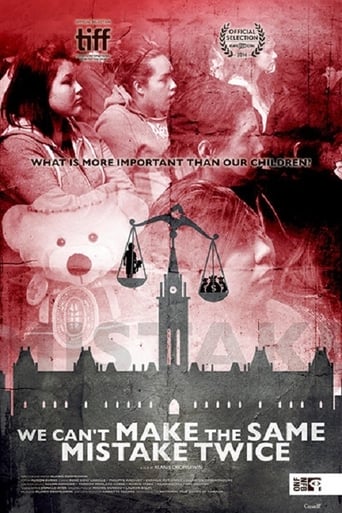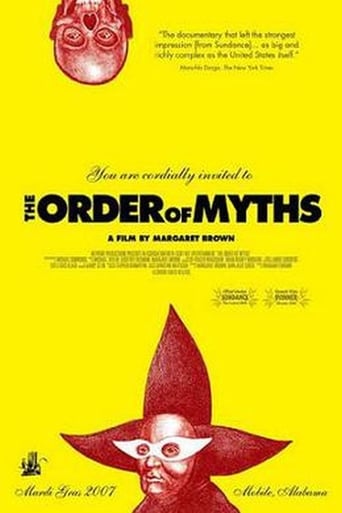
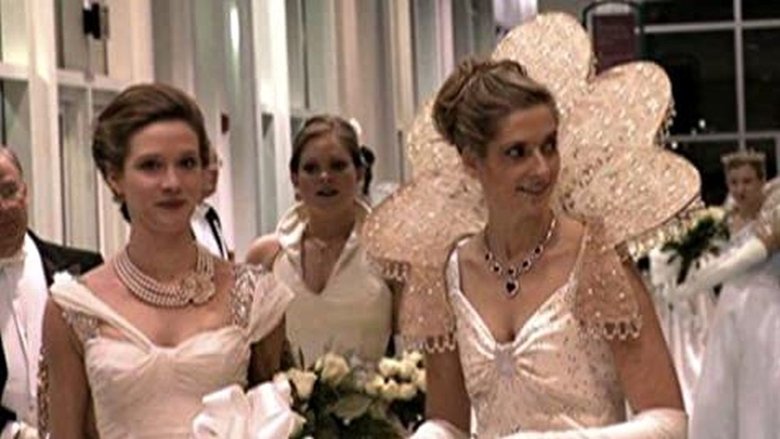
The Order of Myths (2008)
In 2007 Mobile, Alabama, Mardi Gras is celebrated... and complicated. Following a cast of characters, parades, and parties across an enduring color line, we see that beneath the surface of pageantry lies something else altogether.
Watch Trailer
Cast


Similar titles
Reviews
I had no idea that Mobile, Alabama had the oldest Mardi Gras celebration in the nation. Well before New Orleans was even founded, Mobile was already doing their best to live it up before Lent. And, while it's not as big as the one in New Orleans, it is a big to-do--with incredibly lavish costumes, floats and pageantry. However, it also is a giant anachronism--with TWO celebrations--one that is all-black and one that is all-white! In the 21st century, this seems very weird--and highly reminiscent of the recent film "The Help"! In many ways, it's a self-imposed continuation of the old 'separate but equal' notion.This film is in some ways quite sad. Seeing the two events being so distinctly separate is a sad reminder that you can't legislate decency--and a lot of folks STILL are hanging on to their racist roots. However, and this came late in the show, there are FINALLY some signs that this situation is changing a bit. See the film and see what I mean. The show is quite good and I like how they simply let everyone talk without commentary--to let the viewer see it and draw their own conclusions. Well worth seeing and I hope folks outside the USA understand that this is NOT indicative of country--just one small backward portion that is finally starting to move into the 21st century.By the way, throughout the film many people talk about tradition and reconnecting with their history yet NEVER mention slavery. It's obviously the elephant sitting in the room.
I enjoyed the film a lot. There was one lady who related a story about how celebrities who performed in Mobile in the early days had to stay with black families in their homes because they were not allowed in hotels. She said that the famous singer Paul Robeson stayed with her family and even sang a lullaby to her when she was an infant.A great story, if in fact it were true, but I tend to doubt her story as she referred to him on, I think, three times as Paul "Roberson" or mister "Roberson". If he truly did sing to her, would she, as an adult, continue to mis-pronounce his name? His name was Paul Robe-son, no "R" in his name. It was a common error at the time, but surely not for someone who grew up with that story for 30 some years.
From a daughter of this most interesting city, a love letter as only someone who knows the place could give it to us. An interesting lesson in the evolution of cultural mores and standards over time. Lots of Mardi Gras fun! The inside view of a most interesting event. History, alcohol, well-dressed ladies and gentlemen, incidents of the past remembered and others happening in front of you. Well worth the time of anyone who wishes to understand people better. The picture follows a season of celebration in a community steeped in tradition. Interwoven (mostly quite smoothly) is some context of these traditions told of as they would be to a youngster or trusted stranger, and implied by countless actions observed on the screen. Toward the end it becomes clear that things do change, however slowly. Segregation, for instance, even as ritual, will come to an end. If there is a lesson implied it may be to preserve what you love while remembering everything you can.
another great documentary without narration, this one by Margaret brown. this deals with the still-segregated Mardi Gras celebrations in Mobile, Alabama. this is the birthplace of Mardi Gras in the u.s., with the first party happening 15 years before New Orleans was even a city.with equal coverage of both the MCA (the white group) and the MAMGA (the black group), brown guides us through the preparation, the racial tensions and the celebration of the 2007 Mardi Gras. absolutely everything is separate in the celebration, from two royal courts, to two dances to two parades. it feels like the Jim Crow laws have not left Mobile, Alabama.this year, however, the MCA court allowed (invited?) the MAMGA king and queen to attend their coronation, and the MCA king and queen attended the MAMGA's dance. it's up to the audience to decide whether the camera's presence influenced this new integration and whether or not it will continue, but for the most part it seemed natural.through a series of events, however, it is revealed that the MCA (remember, the white group) queen's relatives brought the last slave ship to the u.s. as a bet, because it was post-civil war. after he didn't come back to the ship, the first mate set fire to the ship. but the slaves escaped into the forest nearby and formed a small town called Africa town. turns out, the MAMGA (remember, the black group) queen is a direct descendant of one of those slaves. so, even more racial tension. also, the state of Alabama officially apologizes for its involvement in slavery shortly before Mardi Gras. more racial tension brought to the surface.then, several white people make the claim that nobody wants integration, even going so far as to say they want integration, and the black community are the ones who want segregation. however, according to the interviews, the black community are the ones making the effort for integration. the white people also make the claim that everything is already integrated, except for Mardi Gras.the dances are all segregated, the mystic clubs (oh yeah, did i mention the crazy, drunk off-their-ass, mystic clubs?) are all segregated. Mardi Gras in Mobile, Alabama, is completely segregated. in fact, at the white parade, black people aren't even allowed on the floats. they can only be in the band behind the floats. however, their is a vein of hope as one mystic group was recently formed. it's the first integrated group. it's mostly black, but it is integrated. it has ONE white member. unfortunately, as brown revealed in the q&a., he was shipped off to Iraq shortly after the parade and wasn't able to be interviewed.overall, it was a really great documentary as it tried to be balanced, interviewing both groups, the MCA and MAMGA, but overall, it just came over that most of the white people are ass-backwards in Mobile. not all, though. there are the few. unfortunately, they're in Iraq.


